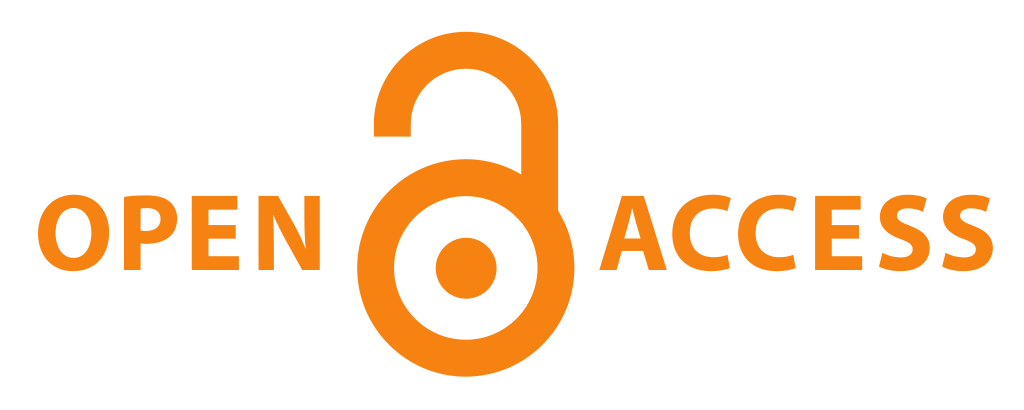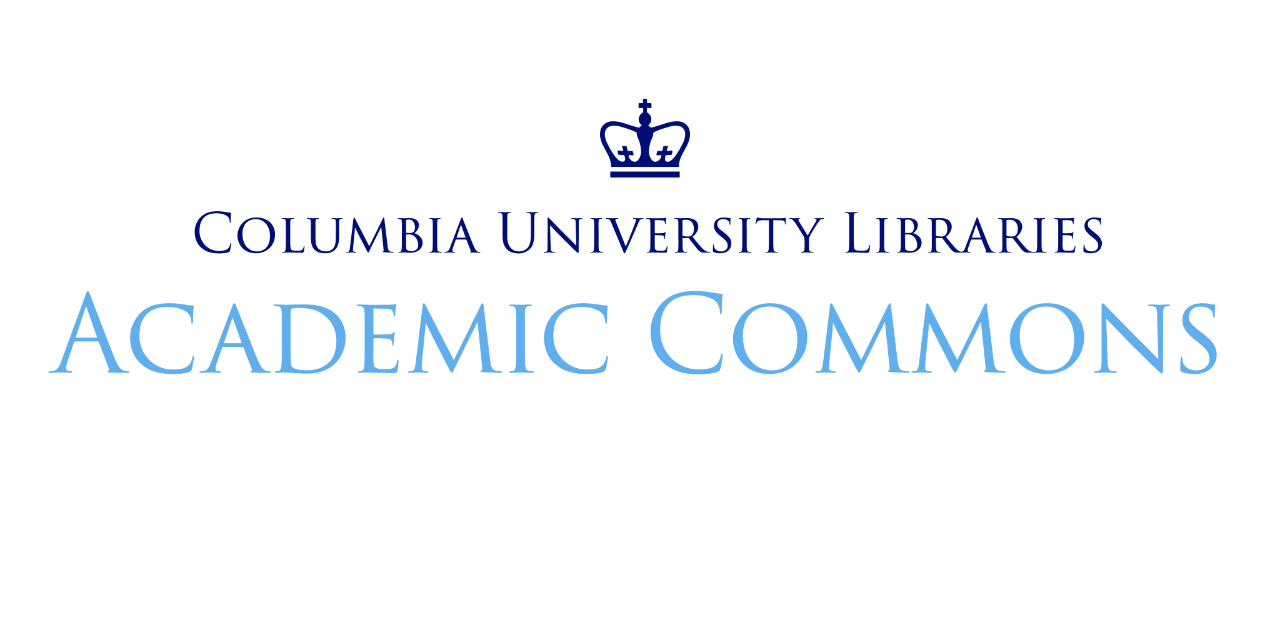Open Access
What is Open Access?
Open access (OA) content is freely available to anyone with Internet access and generally allows for reuse and/or remixing (usually with attribution). The author retains their rights to the content and chooses a license that suits their needs. Want to know more? Read our F.A.Q.
Open Access Policies at Columbia
Why Publish Open access?
PUBLIC INTEREST Your research is of potential public interest and you want to make sure it can be found and read.
REUSABILITY You want to make your educational materials, research, or data available for reuse and remixing by others.
INCREASED CITATION COUNTS Studies have shown that open-access work produced at Columbia is cited 200–300% more often that work only available in subscription journals.
COMPLIANCE Your funder requires that you make your research and/or data publicly available.
INNOVATION Your work is too interdisciplinary or too innovative to fit in any of the traditional journals in your field.
ETHICS You object to the enormous profit margins of the big publishers (35%).
What Version of My Article Should I Deposit?
Note that if you are a faculty or staff member at a Columbia unit with an open access policy, you are required to make a version of any scholarly journals you have authored or co-authored since the adoption of your school's resolution available open access, either via Academic Commons or through through other publicly accessible repositories such as arXiv or PubMed Central. The version of the work that may be deposited may depend on the exact terms of your agreement with the journal publisher.
If not otherwise specified in the agreement for publication, you should deposit the author’s final version (also known as the author's accepted manuscript, or AAM), which is usually the version after the article has gone through peer review, revisions, and copyediting, but before it has been typeset by the publisher.
How to Open Up Access to Your Work
Already publish something in a closed-access journal? Did you know that many if not most publishers will agree to your archiving (and preserving!) a copy of your article or book in an open-access repository such as Academic Commons? Making work openly available infuses it with new life and provides it the opportunity to have broad, global, equitable reach.
Open-access publishing venues include many journals, institutional repositories for anything from conference papers to code such as Columbia's Academic Commons, and disciplinary repositories for preprints and other research materials such as ArXiv, Humanities Commons CORE, bioRxiv, EarthChem, PhilPapers, and Zenodo (see disciplinary directory). Multidisplinary open-access data repositories include Dataverse, FigShare, and the Open Science Framework. To search a global registry of research data repositories, visit re3data.org.
Use this tool to check your article publisher’s policies around OA sharing. If it looks like you can't share, don't despair! Many publishers are willing to negotiate. Use this website, from the Authors’ Alliance, to renegotiate your contract with your publisher and get permission to legally share your work openly.
If you want to make a copy of a monograph or other published research output openly available, check your contract and then contact Copyright Advisory Services here at Columbia.
Academic Commons, Columbia's Institutional Repository
Academic Commons provides open, persistent access to the scholarship produced by researchers at Columbia University, Barnard College, Jewish Theological Seminary, Teachers College, and Union Theological Seminary. A nonprofit, mission-driven alternative to commercial scholarly sharing networks, Academic Commons exists to collect and preserve the digital outputs of research and scholarship produced at Columbia and its affiliate institutions and make them available to a global audience.
Open Access Resources
Alliance of research libraries working to correct imbalances in the scholarly publishing system.
Directory of Open Access Journals
A searchable database of thousands of open scholarly and scientific journals.
Database listing open-access and sharing policies of most journals and publilshers.




